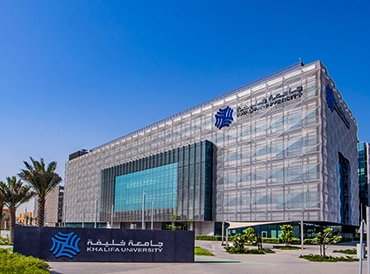Why Study In The UAE?
- Affordable Tuition Fees: Tuition fees vary by institution and program. For instance, at the United Arab Emirates University, undergraduate programs charge AED 1,900–2,500 per credit hour, depending on the faculty.
- Cultural Diversity: The UAE is a common destination for so many different cultures, with residents from over 200 nationalities. This diversity offers students a rich cultural experience and exposure to various traditions.
- English-Taught Programs: English is used as a common language in many universities, making it accessible for international students.
- Safe Environment: The UAE is known for its low crime rates and strict law enforcement, providing a secure environment for students.
- Living Costs: Monthly living expenses range from AED 3,000 to AED 6,000, covering accommodation, food, transportation, and other necessities.
- Accredited Universities: Many UAE universities are accredited by the UAE's Ministry of Higher Education and Scientific Research and recognized internationally.
- Medical Insurance: Some universities provide health insurance as part of their services. If not included, students can purchase private insurance, which typically costs around AED 400 per month.
- Travel Opportunities: The UAE's strategic location offers easy access to Europe, Asia, and Africa, making it convenient for students to travel during breaks.

 ';
';






